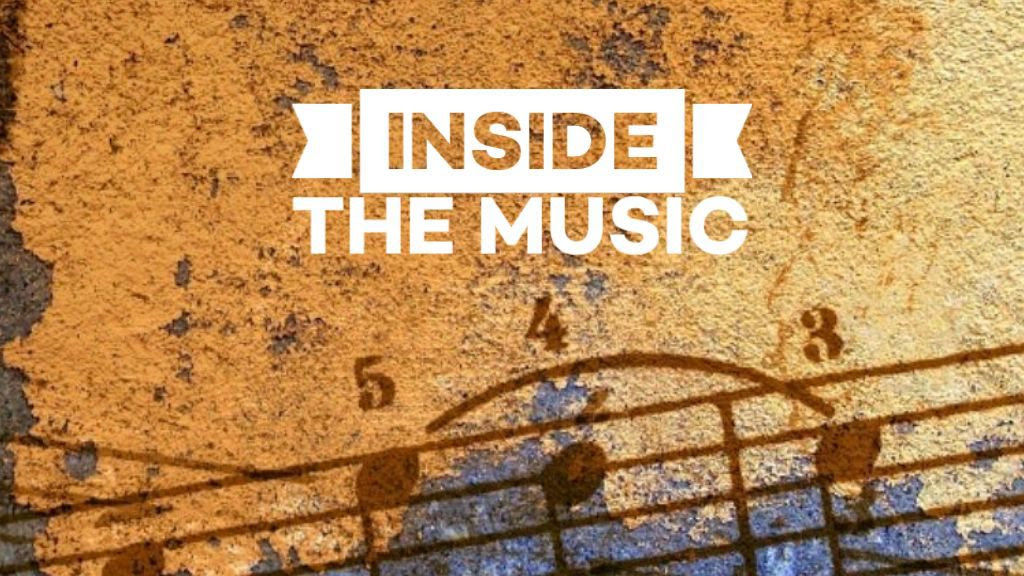Jazz and folk musicians have always had the benefit of performing in "open mic" environments. Open mics give amateur as well as professional musicians something very important and essential - an opportunity to hone their performance skills in front of an audience of both musicians and non-musicians. The idea of creating a similar environment for classical music is fabulous and long overdue. It's like putting wheels on luggage: why didn't anyone ever think of this before?!?
I learned to play the saxophone thanks to one of my older brothers who played it during his high school years. When he left for college he tucked his tenor saxophone under his bed where it remained unplayed for a couple of years. Then one day when I was ten years old I came home with a notice from school that my hometown of Pawtucket, Rhode Island was offering free beginner music lessons during the summer. My mom signed me up and I've been playing ever since.
The saxophone and jazz are kind of like peanut butter and jelly - we don't think of one without thinking of the other. Although I began my music studies with a traditional conservatory based approach, because I played the saxophone I was naturally led to the world of jazz. The traditional lessons helped me develop a solid technique while the jazz experience fostered a creative, in-the-moment way of performing.
It wasn't until I began my college music studies that I truly became interested in trying to perform classical music. In my program at the University of Rhode Island I met other saxophonists who were interested in more than jazz and who inspired me to explore classical music. It was quite a challenge for me. I still remember playing with a fantastic classical pianist who kept stopping me in rehearsal because I was swinging the eighth notes (even though I could swear I wasn't!) She was right though. I had to work very hard to have less "jazz accent" in my musical voice and to sound more like a classical musician. But I loved the challenge, and I still do.
With jazz, if there's something I can't do, I just do something else. With classical music I don't have that luxury. I have to perform the music as written and attempt to realize the composer's intent. Yes, there's lots of room for expression and myriad other personal choices, but ultimately I must be true to the notes on the page, to the composition. The precision and discipline which that requires build musical character.
I like to think that for all of us musicians, when we are working on a composed piece of music, it's like we are exploring the mind of the composer. I'm sure it's the same for actors and their relationship with scripts and playwrights. There are pieces I've been playing for 30 or more years and it seems that each time I play them I learn something new about what the composer is seeking. It's as if each time I play a piece is the first time it's been played. That intrigues and energizes me and hopefully the listener as well!
